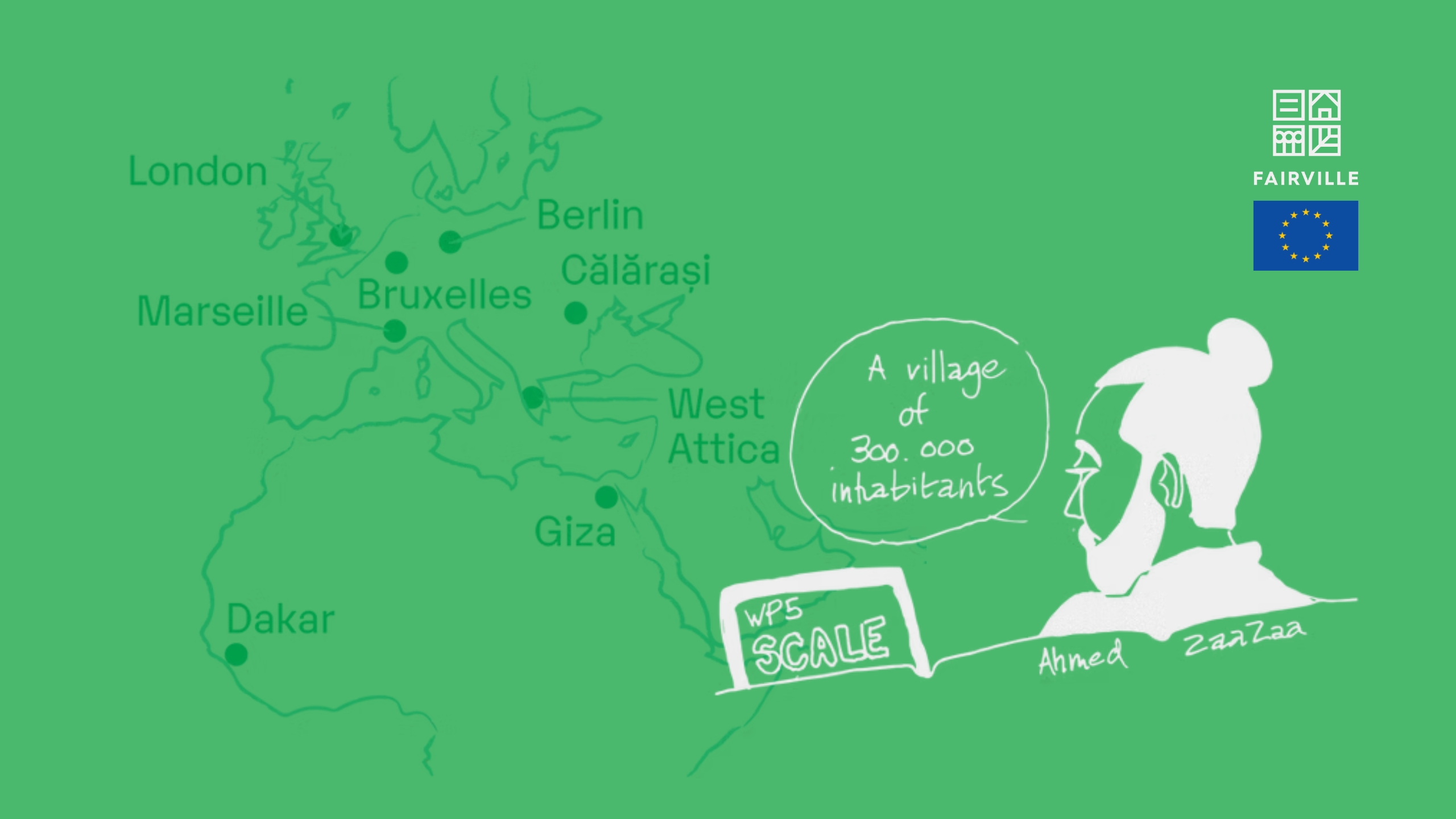Facing inequalities and democratic challenges through co-production in cities
Description
The aim of Fairville is to explore the links between multi-scalar urban inequalities with democracy and participation. The research proposes to document this entanglement. It also proposes pilots of participatory research-action that engage local academics, -authorities, -community-based organisations, -residents and -users in the collective improvement of deprived urban neighbourhoods via a deepening of resident and user participation in new and existing democratic processes.
The idea that urban policies should not be made “for” populations but rather “with” them is a potentially profound engine of social transformation and empowerment. However, the realisation of such co-production processes is often marked by epistemic inequalities and unequal power relations.
Project website: Fairville Cognisant of this issue, the Fairville pilot cases explores the many ways in which academic researchers, local communities and local authority representatives can work together to reduce the power and information asymmetries among them and address the various issues of urban inequalities.
Clustered around three major themes – environmental inequalities, inequalities related to housing and urban planning and inequalities related to climate risks – and ranging from co-diagnosis to co-planning and intervention, the pilots will be carried out as action research and include the implementation of observation, capitalisation, and co-evaluation mechanisms. Co-learning will not be forgotten in this process.
The Giza Fairville Lab together with the labs in Attica and Marseille contributes to the pilot topic of inequalities and environmental degradation (solid waste and water management):
This pilot will explore the environmental inequalities revealed and exacerbated by industrial pollution and waste management in three urban areas. It will draw on the experience of co-production partnerships attempting to address seriously deteriorating solid waste management systems (Giza, Egypt), issues related to large open landfills (Attica, Greece). Taken together, these co-production labs offer insights into the one focused on urban local adaptation to climate-change (Marseille).
Mansheyat Dahshur (40,000 inhabitants) is a peri-urban municipality of the Giza Governorate, in the Greater Cairo Region. It suffers from both a seriously deteriorating solid waste management system and poor waste disposal practices. In 2020, NSCE conducted a study of the solid waste situation as part of the EU-funded project Visit Badrashin.
The Giza Fairville Lab builds on the trust established with the regional and local authorities, and the local community, to implement the pilot co-production of an inclusive action plan to reduce water and solid waste pollution and enhance participatory initiatives.
Services
- Research and implementation of a pilot coproduction process
- Development and coordination of a pilot case in Dahshur, Giza: Giza Fairville Lab
- Co-mapping and co-assessment by researchers, inhabitants, and local authorities of the solid waste situation
- Co-development of a realistic action plan based on innovative local solutions, supported by best expertise
- Addressing the municipal and agricultural waste challenge in all its dimensions: waste minimization, waste sorting, waste transportation, waste recycling, resource recovery, waste collection, and/or waste disposal
- Ensure stakeholder engagement of dwellers, CSOs, informal collectors, private sector, local and regional authorities.
- Dissemination of pilot cases results to the institutions and citizens


